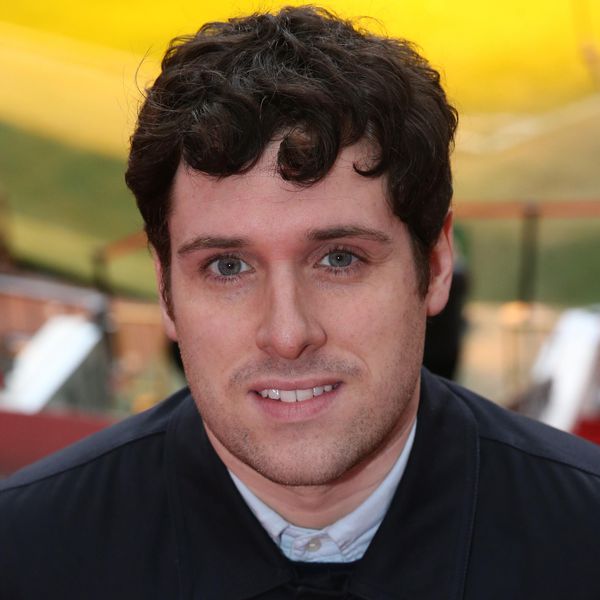Graham Gouldman: United, my dad and me
If you don't know the name Graham Gouldman, you'll almost certainly know some of the famous songs he has written during many successful decades within the music industry.
Worldwide acclaim followed in the 1970s, when his own group, 10cc, produced a slew of memorable hits like I'm Not in Love and Dreadlock Holiday, with the latter enduring in popular culture for its cheeky refrain “I don't like cricket, I love it!”
It's Nice to Be Out in the Morning was recorded by Herman's Hermits, a Manchester band, and released in August 1968 - just a few months after the Reds became the first English club to win the European Cup. It includes the lines:
“United's ground where the champions score
“A hundred goals to the Reds stand's roar,
“And Bobby Charlton, Best and Law...
“It's a most fantastic day when they play.”
Growing up less than a mile from our former training ground, The Cliff, perhaps it's inevitable that United would find a way into Gouldman's creative output. But when he spoke to us from his London home (Graham left Manchester in 1986), he revealed that his Reds-mad father, Hymie, had been the driving force behind the song's football references.
“I wrote quite a lot of songs for that film, one of which was It's Nice to Be Out in the Morning. Now, at that time, my dad, who was an absolute Manchester United fanatic, helped me write songs. All the music was mine. But a lot of the lyrics are my dad's. He had a day job, and he later earned royalties through his work with me, but really his passion was writing lyrics and writing stories and anything else to do with the world.
Several football songs were also developed at Strawberry. “We made quite a few. We did one for City, one for Everton [United also recorded two FA Cup final songs there, in 1983 and 1985]. For me, coming from a United family, doing a record for City could be looked upon as not very good! But we did it because it was good for the business of the studio.”
Strawberry Studios, and all that great work with 10cc and those important bands of the 1960s, will ensure that Gouldman's broad influence on popular music will endure far into the future. He's still touring now, at the age of 77, and will return to Manchester's Bridgewater Hall next year. But what makes the city such rich, fertile soil for musical culture and the arts in general?
Graham Gouldman's latest album, Modesty Forbids, is out now. For more information and tour dates go to www.grahamgouldman.info.




